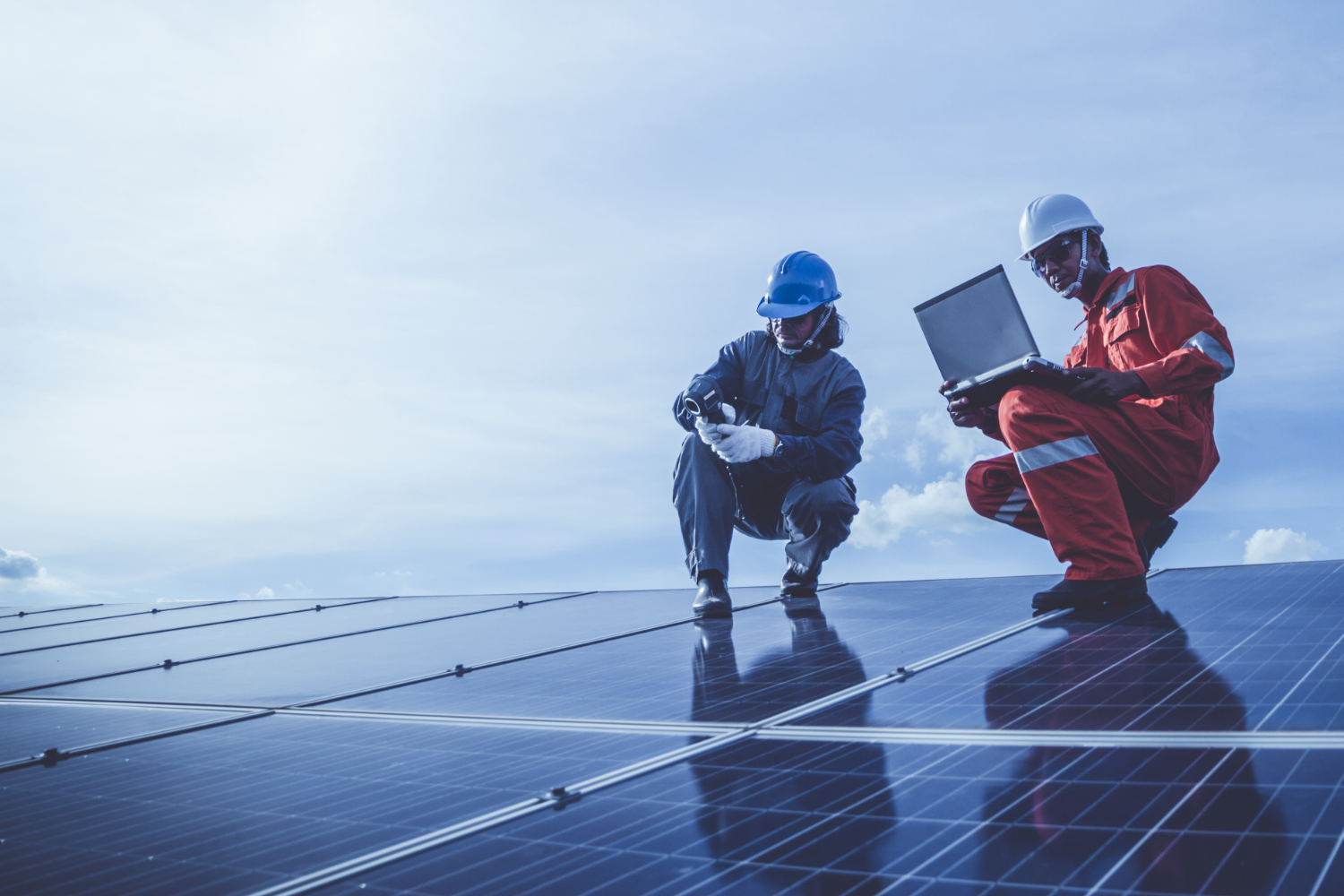
If you’re considering installing solar panels at home, you’re not alone. With rising electricity costs and government subsidies making solar energy more affordable, switching to solar power is a smart move for Indian homeowners. But the biggest question remains: What are the solar panel cost trends in India?
In this guide, we’ll cover everything you need to know—installation costs, types of Home Solar Panel, government incentives, return on investment, and key factors affecting pricing.
Why Go Solar in 2025?
1. Save Money on Electricity Bills
A rooftop solar system can reduce your electricity bill by up to 90%, helping you save thousands of rupees annually.
2. Government Subsidies
Under PM Surya Ghar Muft Bijli Yojana, you can get subsidies of up to ₹78,000, significantly lowering installation costs.
3. Low Maintenance, Long Life
Home Solar Panel last up to 25 years with minimal upkeep, making them a reliable long-term investment.
4. Environment-Friendly
Switching to solar reduces your carbon footprint, cuts dependency on fossil fuels, and supports green energy initiatives.
Home Solar Panel Installation Cost in India (2025)
Before subsidies, here’s an approximate cost breakdown:
Note: Prices vary by location, panel type, inverter choice, and mounting structure.
Key Components Affecting Installation Cost
1. Type of Home Solar Panel
- Monocrystalline: High efficiency (17%-22%), compact, expensive (₹43-63/watt)
- Polycrystalline: Budget-friendly, lower efficiency (15%-17%) (₹30-36/watt)
- Bifacial: Captures sunlight from both sides, higher output (₹37-52/watt)
2. Solar Inverter
- String inverters: Cost-effective and commonly used for residential setups
- Microinverters: Best for shaded areas, offering higher efficiency
3. Mounting Structure
- Fixed or adjustable structures depending on roof type and tilt angle
4. Battery (Optional)
- Needed for off-grid or hybrid systems
- Costs ₹20,000 to ₹100,000+ depending on storage capacity
5. Wiring & Electrical Components
- Includes MC4 connectors, junction boxes, surge protectors, and other essential parts
6. Installation Labor & Logistics
- Costs vary based on complexity, roof type, and geographical location
Government Subsidies (2025 Update)
The PM Surya Ghar Muft Bijli Yojana provides the following subsidies:
- 1 kW system: ₹30,000
- 2 kW system: ₹60,000
- 3 kW or higher: ₹78,000
How to Apply?
- Visit the National Portal for Rooftop Solar
- Register and submit your application
- Provide bank details after installation
- Receive the subsidy within 30 days of commissioning
Net Metering: Save More with Solar
A net meter records energy production and consumption. The net meter sends excess energy back to the grid, earning you credits and lowering your electricity bill.
Return on Investment (ROI)
Most home solar systems in India have a payback period of 3-5 years. Thereafter, electricity is practically free for the next 20 years.
Example:
- 3kW system cost after subsidy: ₹200,000
- Monthly bill savings: ₹3,000
- Yearly savings: ₹36,000
- Payback period: ~5.5 years
Additional ROI Benefits
- Increase in Property Value: Homes with Home Solar Panel have higher resale value.
- Energy Independence: Protect yourself from rising electricity costs.
- Tax Benefits: Some states offer additional incentives for renewable energy adoption.
How to Choose the Right Solar System Size?
- 1 kW ≈ 4 units/day
- Monthly consumption 300 units ≈ 2.5 kW system
- Consider high-energy appliances like ACs and geysers for accurate sizing
Installation Timeline
A rooftop solar system takes about 7 to 10 days to install after approvals are in place.
Read this blog: Solar Panel Installation: A complete Guide for Homeowners
Solar Panel Maintenance Tips
- Regular Cleaning: Dust and dirt can reduce efficiency by up to 20%.
- Annual Inspection: Check for loose connections and wear & tear.
- Monitor Performance: Use mobile apps to track energy generation.
- Avoid Heavy Shadows: Trim trees to maximize sunlight exposure.
Tips for Choosing the Right Solar Installer
- Check ALMM-approved vendors (mandatory for subsidy)
- Look for companies offering end-to-end solutions
- Ensure warranties: 25 years on panels, 5-12 years on inverters
- Ask about Annual Maintenance Contract (AMC) options
Final Thoughts: Is Solar Worth It?
Absolutely! With rising electricity costs, generous subsidies, and the environmental benefits of going green, solar is one of the best investments in 2025.
Switch to Solar with Delta Power
At Delta Power, we provide customized solutions, subsidy assistance, and professional installation.
Let the sun pay your electricity bills.
📞 Get a free site assessment today!
FAQs
Q: Can I install solar panels in an apartment?
Yes, through your Resident Welfare Association (RWA). Group housing can also avail subsidies.
Q: Will the installation damage my roof?
No, proper mounting structures prevent damage. Waterproofing is also available.
Q: Can I relocate my solar system if I move?
Yes, solar systems can be dismantled and reinstalled.
Q: Do solar panels need regular cleaning?
Yes, a light cleaning every few weeks helps maintain efficiency.
Q: Do solar panels work during power cuts?
On-grid systems don’t work during blackouts. A battery or hybrid system is needed for backup.
Ready to switch to solar? ☀️ Contact Delta Power today!
